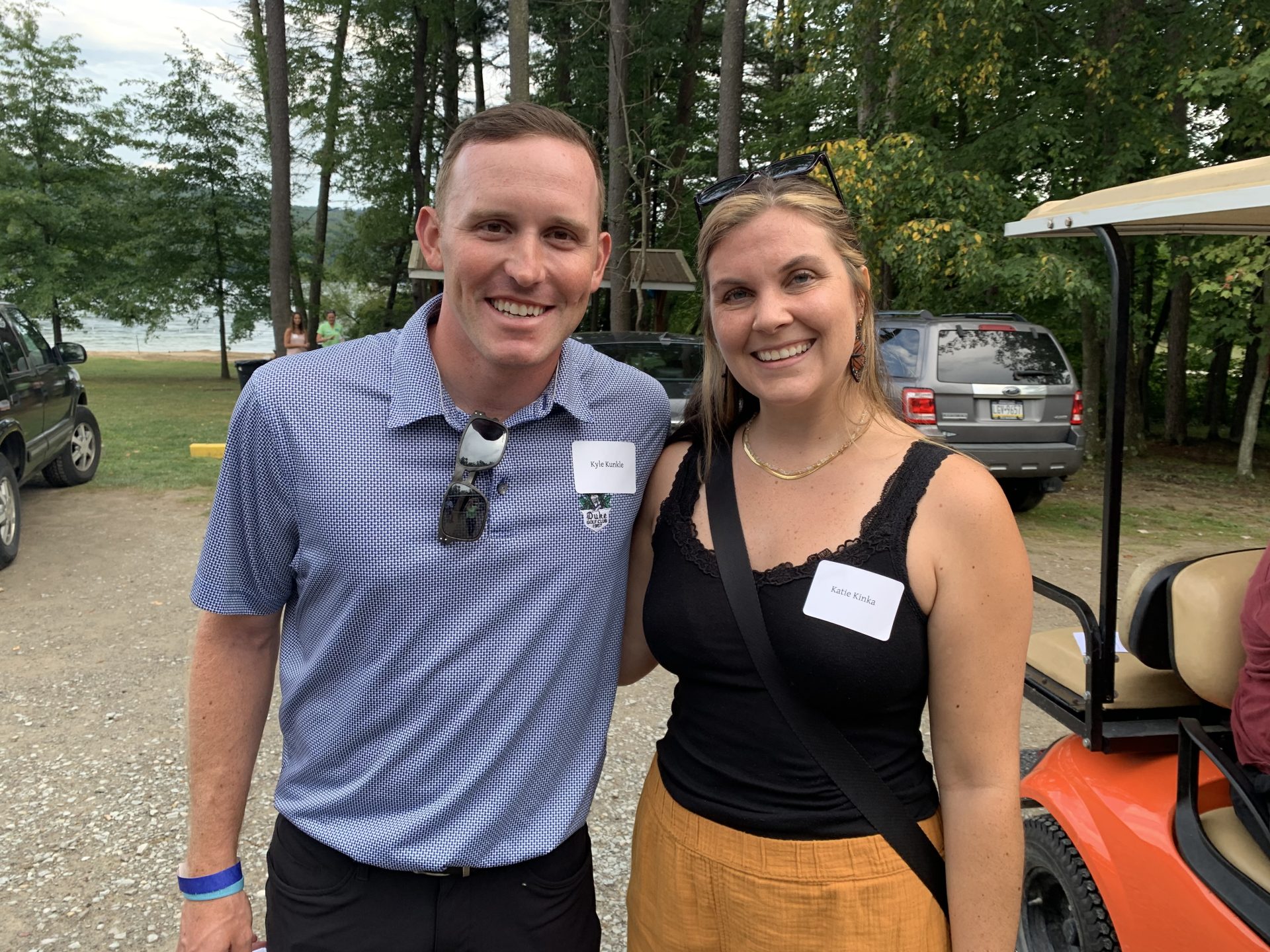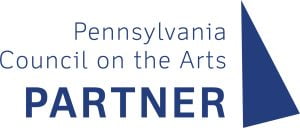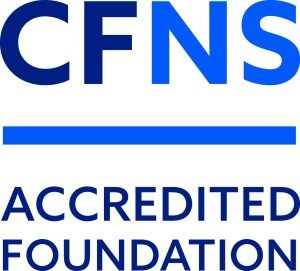Responding to Real Needs, Now and Always
Community Foundation for the Alleghenies was established to be agile, adaptive, and forward-looking, and the Foundation’s grantmaking and initiatives over the past fiscal year demonstrate the capacity of that intention.
The COVID-19 Rapid Response Fund, launched in March 2020 with $100,000 each from CFA and Lee Initiatives Health and Wellness Endowment, put donors’ generosity to work immediately, with the first distributions deployed within a matter of weeks. Donations continued throughout summer and fall 2020, with ongoing rolling distributions to nonprofits facing urgent needs created by the pandemic. In total, 76 individual donors made gifts to that emergency fund, and $312,595 was distributed to 72 nonprofits in our region. Much of CFA’s annual fall and spring grantmaking, totaling $429,256, also responded to COVID-19-related issues on some level, whether it was upgrading technology to enhance virtual programming for arts and education or helping festival organizers regroup and reach new people as the community re-opened after pandemic restrictions were lifted. Similarly, an additional $100,000 CFA grant to Visit Johnstown
allowed local business owners to apply for funding to regroup and recover, and it bolstered efforts to re-open, reach new people, and grow.
In addition, CFA supported and administered grassroots response and recovery efforts, such as funds in Cambria, Bedford, and Somerset counties to help struggling service workers around the holidays. CFA also partnered with the Somerset County Commissioners to administer and quickly deploy federal funding to reimburse struggling nonprofits for expenses related to serving the community during the pandemic. Those efforts all reflect the way CFA is uniquely positioned to care for our friends and neighbors through challenges, always with an eye for preparing for what the future may bring.
Another of those forward-looking steps over the past year was the creation of CFA’s new
Engagement Committee, a group of active community members from across the region who are stepping into leadership roles at the Foundation by working with donors, grantees, and the broader community. Their perspectives, and the input they share from their work in the community, will help guide the Foundation’s future.
Committee Chair Katie Kinka said she is encouraged by this step to foster leadership.
“We often talk about the need to create more authentic outlets and opportunities for younger leadership in the community—real positions of influence—but what does that actually look like?” she said. “Are we as a community truly interested in passing the torch, and if so, how do we prepare the next generation to lead the charge? I’m appreciative of the Foundation for taking a very intentional step in this direction, and for encouraging and empowering us to be advocates, ambassadors, and agents of change for our region.”



